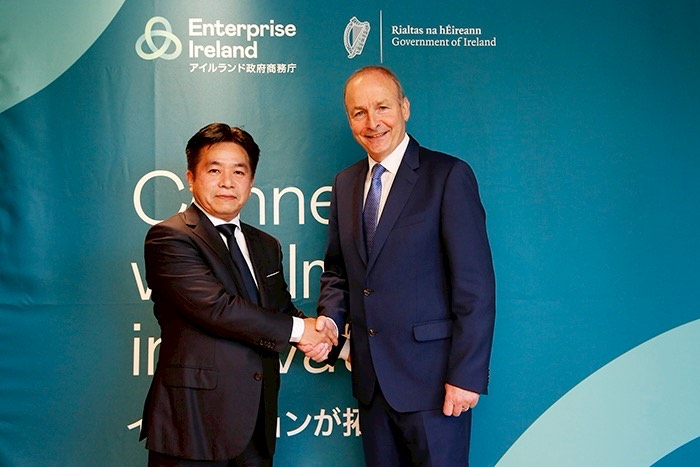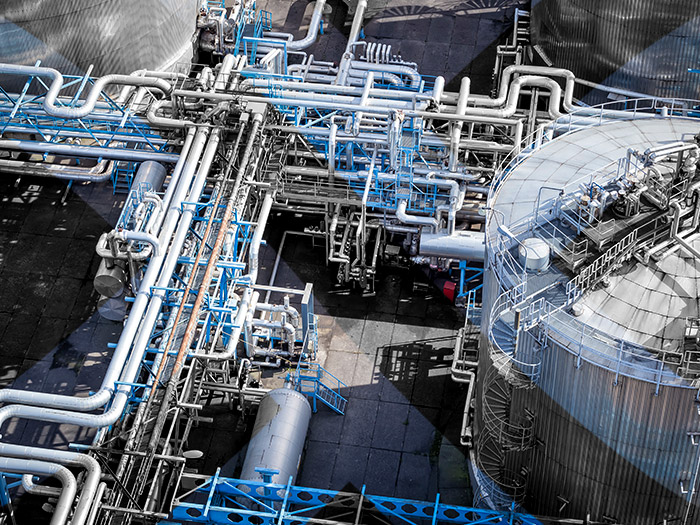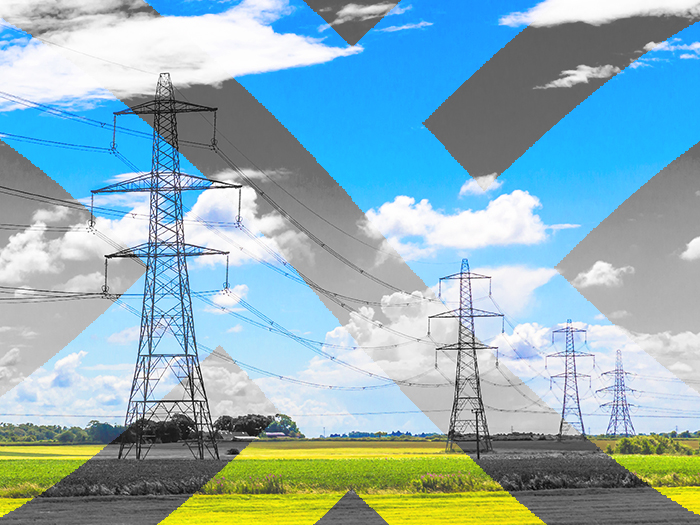News
better business decisions
Posted 4 years ago | 3 minute read

BEIS to review compensation for indirect UK ETS costs
The UK government is seeking views on the risk of carbon leakage arising from the UK Emissions Trading Scheme (ETS) and a compensation price support mechanism to mitigate risks for some industries.
Carbon leakage refers to a situation in which there is an increase in CO2 emissions in one country as a result of emission reduction in another country with a stricter climate policy. This is usually caused by businesses moving their production sites to territories with laxer emission constraints and can ultimately lead to an increase in the total global emissions.
Indirect emission costs occur from the obligation on power stations to buy emission allowances under the ETS and pay a tax on the carbon content of the fossil fuels they use to generate electricity. This increases their costs which are passed on in their offer on the wholesale electricity market, translating into an increase in retail electricity prices for energy intensive industries. But the government has noted industry concerns that these costs can risk putting certain energy intensive industries at a competitive disadvantage compared to international competitors – creating a risk of carbon leakage.
A compensation scheme for the increase in indirect emission costs due to the EU Emissions Trading System (EU ETS) and carbon price support mechanism (CPS) for certain energy intensive industries have been in place since 2013 and 2014 respectively. Launched on 14 June this year, the consultation aims to identify which sectors are most at risk and examine options for a compensation scheme for these industries.. Responses are requested by 9 August.
A separate call for evidence is running on the UK’s use of free allocation as part of the UK ETS to better incentivise emissions reduction. The government also said it is to consult later this year on setting a net-zero consistent cap trajectory under the UK ETS.
Mark Davis, GridBeyond’s Managing Director UK & Ireland said:
“The problem with carbon pricing mechanisms is that they use high-level assessments across a large number of sectors to determine the risk of carbon leakage. But this fails to take account of the opportunities resulting from carbon pricing. Increased carbon costs may force some businesses to either reduce their output to save costs or accept lower profit margins. But it also presents businesses with an opportunity to innovate in both processes and products, which can both reduce carbon costs and increase profits.
“Many large industrial and commercial businesses are already taking steps to reduce their carbon footprint by installing renewable on-site generation or energy storage. Advanced technologies, such as GridBeyond’s AI-powered energy technology platform, Point, help large energy consumers improve their green credentials through participation grid balancing services, while simultaneously creating new streams of revenue, generating savings and operational efficiencies. Businesses also benefit from additional revenues and savings that arise from access to robotic trading technology, dynamic assets optimisation and predictive maintenance”.








